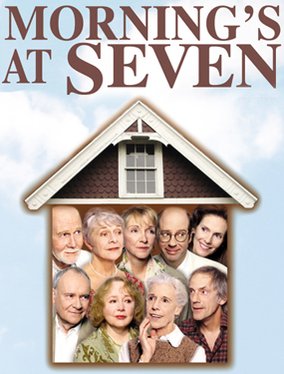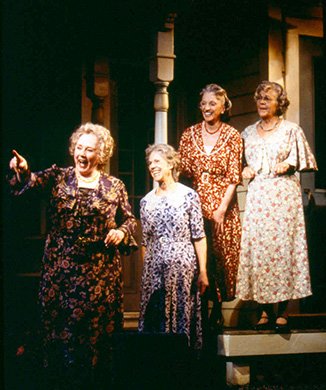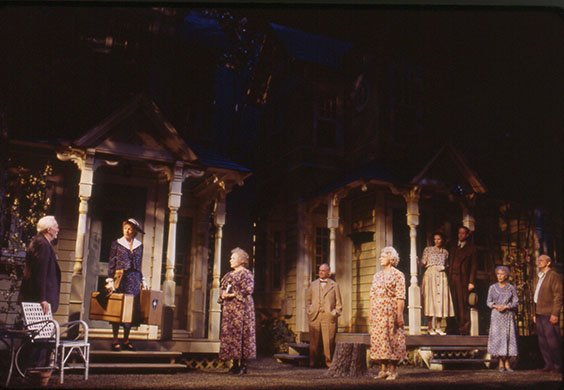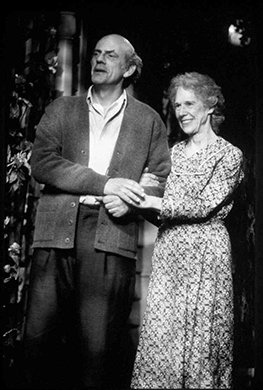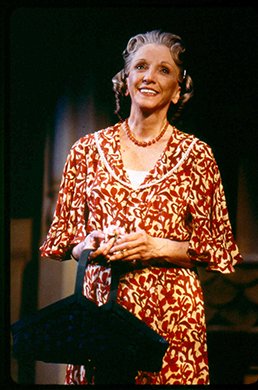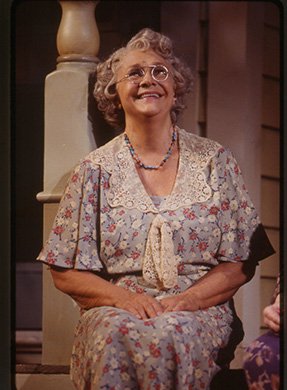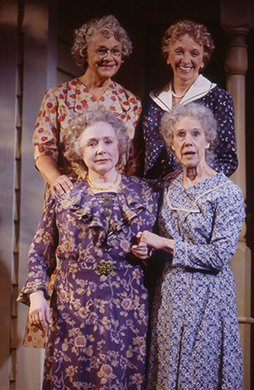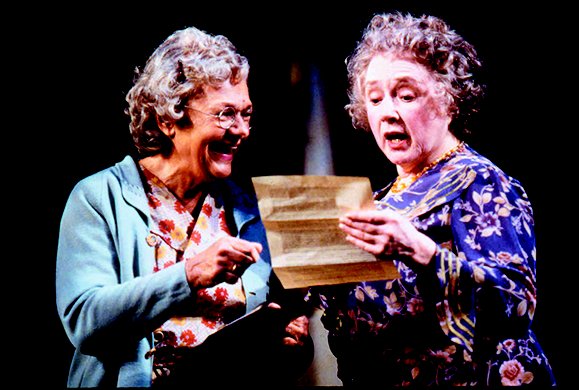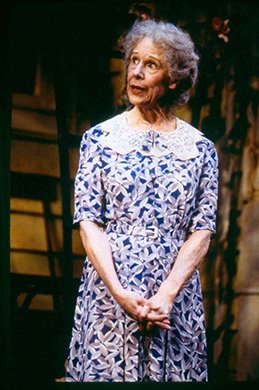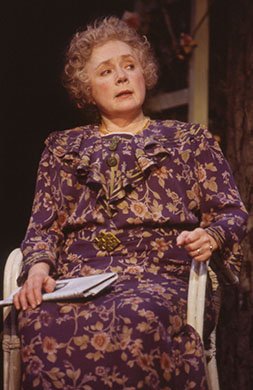The LCT revival of Paul Osborn's bittersweet comedy, MORNING'S AT SEVEN, was staged at the Lyceum Theatre by Daniel Sullivan, who won the Tony Award the previous year for Proof.
When MORNING’S AT SEVEN was first produced on Broadway in 1939, America was understandably unsettled. The effect of the Depression was still palpable, and America was beginning to face the prospect of war with Germany and Japan.
This gentle, rueful comedy about family life in a small Midwestern town should have been a welcome tonic to audiences at the time, but it followed too closely on the heels of two huge hits, Life With Father and The Man Who Came To Dinner. Osborn's play closed after only a month. Happily, a 1980 revival--also presented, coincidentally, at the Lyceum--fared much better, winning the Tony Award and running for 564 performances.
A generation later, we thought it was fitting to bring Osborn's acclaimed play back to Broadway again and introduce it to a new group of theatergoers, particularly as America was once again living through uncertain times. That is why, in part, we restored the setting of the play to 1939, as Osborn originally conceived it (in the last revival, it was changed to a sunnier 1922).
At the play's center are the long-standing sibling rivalries of four aging sisters. Three of them--Ida, Cora and Arry--have lived next door to each other for fifty years, and Esther, the eldest at age 70, lives only a few blocks away.
We quickly learn that living so close to one another has taken its toll. In addition, the mostly quiet life these women share with their husbands becomes unhinged when several of them begin to question what to do with their remaining years. Tensions mount further when Ida's 40-year-old son wants to claim a house that has been promised him, despite the fact that Cora has her hopes set on it.
It all adds up to an evening of humorously dysfunctional family life, with an emotional underpinning which anchors the play in reality. By the end, there is hope for a return to a calmer time when, as the poet Robert Browning wrote, "the year's at spring and day's at the morn. Morning's at seven... God's in his heaven... and all's right with the world."
Paul Osborn was a familiar Broadway presence during the 1930s, '40s and '50s. Among his notable successes were The Vinegar Tree, On Borrowed Time, A Bell For Adano and The World of Suzie Wong. He also flourished in Hollywood, as the screenwriter of such classic films as The Yearling, East of Eden, Sayonara and South Pacific. Osborn, who died fourteen years ago, was born in 1901 in Evansville, Indiana--a town not unlike the one depicted in MORNING'S AT SEVEN.
His play has endured for 63 years because Osborn had an uncanny knack for writing about the lives of 'ordinary' Americans.
